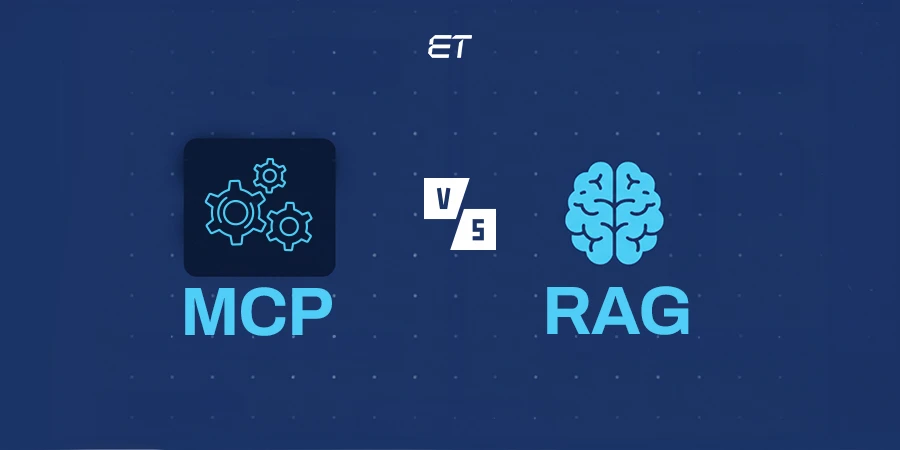
Vertical AI Agents: Concept, Examples, and More
‘SaaS has grown 10x per decade for a few decades now. This is the next 10x: vertical AI agents.’ – Garry Tan, President and CEO, Y Combinator.
When we read Mr. Tan’s LinkedIn snippet, one thing was clear – vertical artificial intelligence agents are not only trending but causing ripples (in a good way). If you were thinking about topics like ‘what are vertical AI agents,’ their applications, and examples, you’re in the right place.
We know you’re busy. So, this blog intends to save you invaluable time. Just scroll ahead to determine whether you should invest in these specialized artificial intelligence assistants.
You can develop your own AI application in a few steps. Contact our POC and get started!
So, What are Vertical AI Agents?
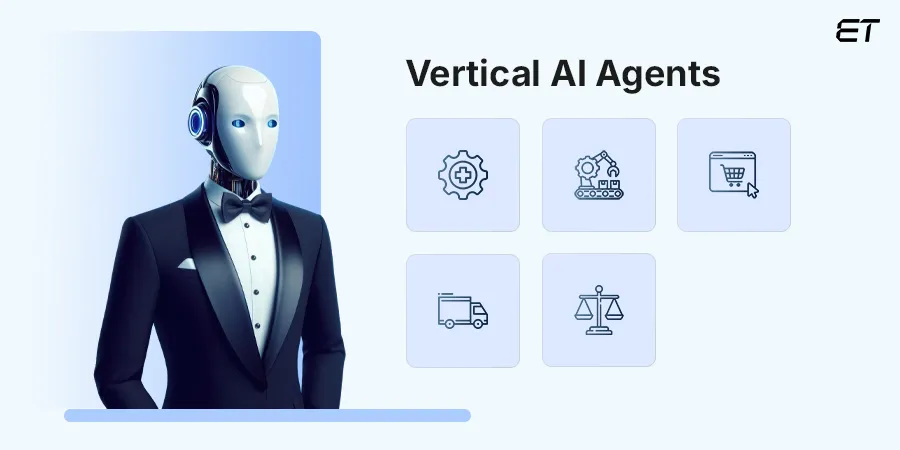
Let’s split the concept into two parts:
- Vertical
- AI Agents
The first part, ‘vertical,’ implies focusing on a specific industry (healthcare, legal, or finance). On the other hand, AI agents are Generative AI Tools that perform tasks, make decisions, and interact with humans.
So, the definition of vertical AI agents can boil down to ‘specialized artificial intelligence systems focused on operating in a specific industry.’
Some well-known vertical AI agents examples are:
- Harvey: This vertical AI agent operates on the GPT technology. It finds utility in legal automation, contract analysis, and much more.
- Tesorio: This vertical artificial intelligence agent automates cash flow predictions and claims to have a 98% customer retention rate.
- Zowie: A customer service agent proficient in handling support tickets and offering more AI service sector features.
- Archlet: This e-sourcing platform is useful for supply chain teams for procurement, negotiations, and solution comparison activities.
In simple words, vertical AI is an industry-specific generative AI model, similar to a subject matter expert (SME) working in a sector like content, SEO, or UI/UX design.
Want to go one step back and uncover the meaning of AI agents in depth?
How are Vertical AI Agents Different from Traditional AI?
You must be thinking, ‘I already use ChatGPT. Why not just stick with it?’
On the surface level, this question is practical. However, it’s crucial to understand the nuances between conventional and vertical AI.
Get this:
- Traditional AI (like Gemini, ChatGPT, or Grok) is ‘general purpose.’ It lacks deep, specialized knowledge.
- Vertical AI agents have in-depth knowledge of a specific industry.
So, it’s all about the contextual training that you give to artificial intelligence. The table below explains all the main differences.
| Vertical AI Agents | Traditional AI |
| These agents are industry-specific. | They are primarily general-purpose chatbots. |
| The training data is specialized (industry-centric). | The training data is content available on the internet. |
| They have an in-built domain understanding. | You need to insert relevant prompts for the best output. |
| The common utility includes business operations, corporate decisions, and automation. | The best use cases are research, content generation, and online marketing. |
Why Should I Invest in Vertical AI Agents?
The million-dollar question is – should I put my money on vertical AI agents?
Well, we can’t say, ‘definitely,’ but this technology needs your serious consideration. In this section, you’ll understand the key reasons.
Large Language Models Have Become Mature
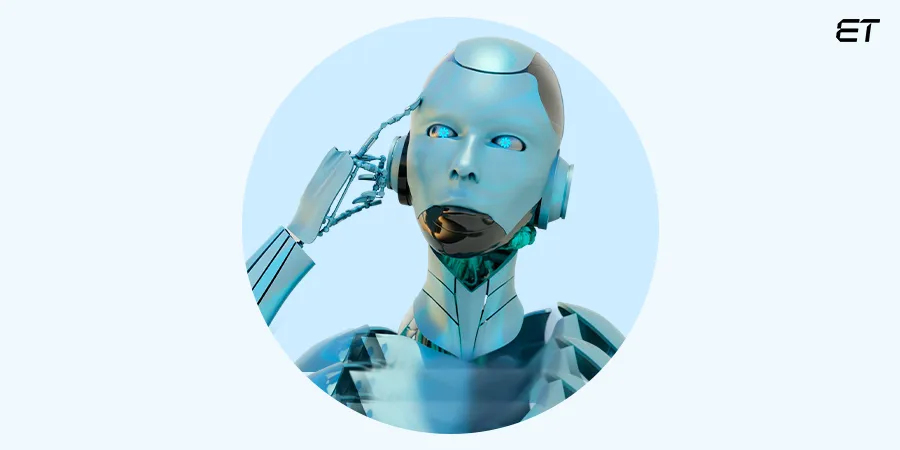
A couple of years ago, large language models (LLMs) were highly unpredictable. Fast forward to today, they have better reasoning, longer memory, and comparatively higher reliability.
This aspect correlates directly with vertical AI agents. Here’s how:
- The ability of LLMs to analyze complex queries makes them suitable to power vertical AI agents in industries like law, medicine, and finance.
- Technological advancements enable LLMs to think like industry experts.
- Cheap hosting options, faster inference, and integration tools make them highly scalable.
So, these positives can encourage you to choose vertical AI agents for your business.
Speaking of LLMs, you can’t miss our detailed comparison between Gemini and ChatGPT.
The Market Environment is Receptive

What do smart C-level executives know?
They understand that going generic won’t help them supersede their competitors. So, they choose AI that understands their workflow. In other words, they choose vertical AI agents.
What’s more? Customers are becoming aware of these agents and want to interact with them. Overall, these signs denote that the market is more welcoming for vertical AI than ever!
The Decision Can Save Long-term Costs

Here’s how vertical AI agents can prove cost-effective:
- They can handle several repetitive tasks without breaks.
- These agents can eliminate human error.
- They can save the costs incurred for training and retaining a human expert.
- One assistant can handle multiple tasks.
All these factors are cumulative and help save money in the long run. So, even if you feel the initial investment is high, know that the chances for high ROI are higher.
The Risk of Errors is Low
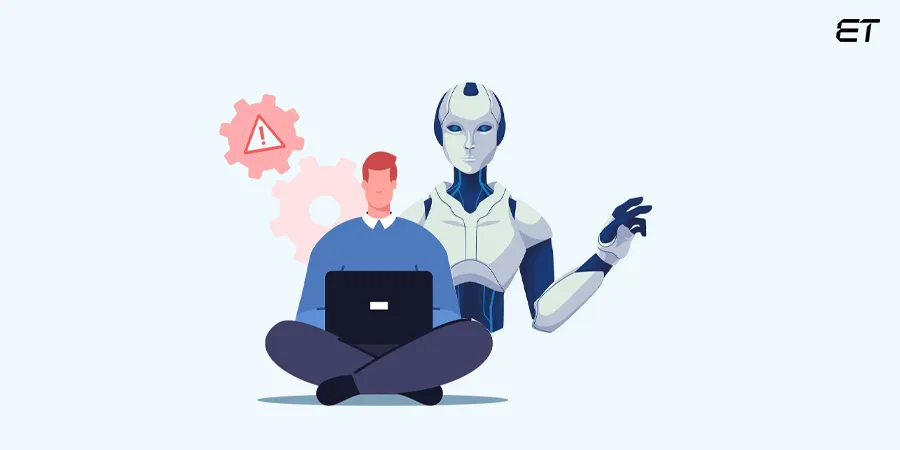
Don’t worry, vertical AI agents won’t malfunction in most cases.
Why?
- The training data is domain-specific.
- They have safety nets like predefined workflows, internal logic validators, and rule-based checks.
- These agents update their knowledge within strict parameters.
As you can see, the risks are low. In fact, they are minimal. So, this is one more reason to invest in vertical AI agents.
These AI Agents Have Deep Domain Understanding
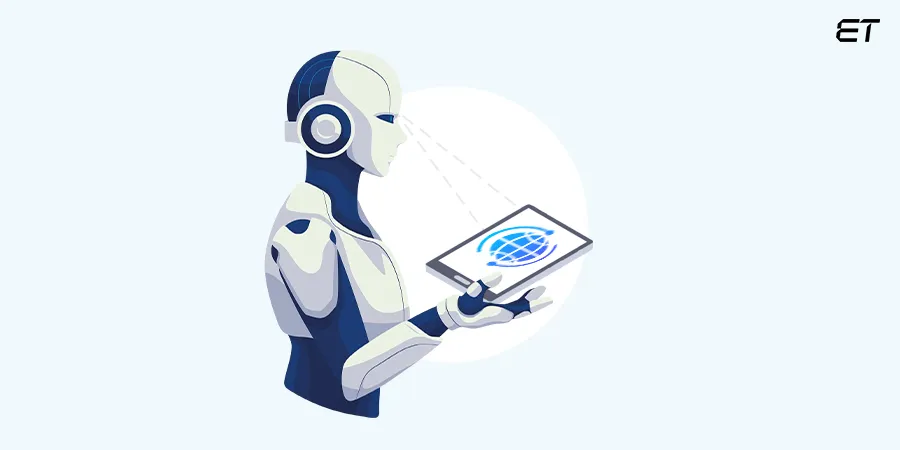
One of the strongest reasons to invest in vertical AI agents is their domain expertise.
But how do they manage to stay smarter than other contenders like generative AI?
Simple. The training dataset of these agents has the foundation of:
- Real legal contracts (for legal AIs)
- Clinical records (for medical agents)
- Financial statements (for fintech agents)
In addition, these AI agents deliver contextual answers. So, investing in them can be equivalent to onboarding a non-human industry expert.
What to Look for When Choosing Vertical AI Agents?

To choose the most suitable vertical AI agent, consider the following pointers:
- Your existing challenges
- The processes that can benefit from AI
- Industry in consideration
- Deep domain knowledge of the AI agent
- API compatibility
- User-friendly interface
- Security compliances
These pointers cover the technical side. However, you shouldn’t forget to check client testimonials, reviews, and real-world case studies before making your final call.
This way, you can choose the best option for your business and workflow.
Build a customized AI that offers tailor-made assistance for your business.
Real-world Examples: 2 Vertical AI Agents Case Studies
Everything looks good in theory, doesn’t it?
But as an IT professional, you must be thinking, ‘Show me the results of vertical AI agents.’ So, in this section, we present two real-world pieces of evidence of companies using this technology.
1. Allen & Overy (Harvey AI)
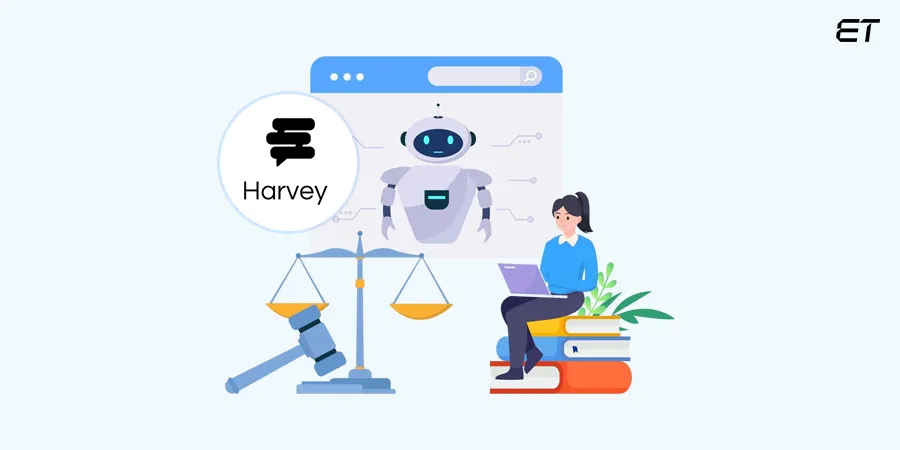
A & O is a prominent international law firm. Their AI implementation aimed to enhance their legal operations.
For this purpose, they adopted Harvey AI across 43 offices. The lawyers working at A & O submitted 40,000 queries in the trial phase.
The outcome of this vertical AI agent implementation is as follows:
- Improvement in contract analysis.
- Automation of tasks like due diligence, litigation, and regulatory compliance.
- The ability of Harvey AI to work across multiple languages.
- Great help in drafting procedural and standard forms.
As you can notice, this adoption has become a practical initiator of high efficiency and productivity.
2. Booksy (Zowie)
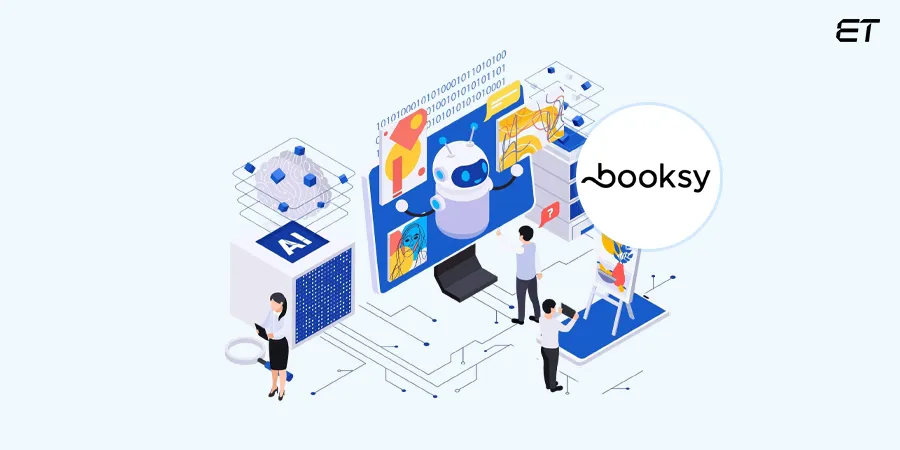
This case study is a great example of vertical AI agent’s implementation in the beauty and wellness industry. Booksy, an appointment booking platform, desperately needed a chat tool and integration with Salesforce.
In came Zowie. This vertical AI agent:
- Handles 70% of inquiries.
- Saves USD 50,000 per month.
- Improves overall customer satisfaction.
For more details, you can explore the case study here. As you can notice, vertical AI agents like Zowie play a pivotal role in saving money and enhancing businesses’ customer experience.
Summing Up
Vertical AI agents are a category of artificial intelligence that have industry-specific expertise. Unlike traditional chatbots, these agents have domain-specific datasets that enable them to offer expert-level insights to the end user.
Investing in a vertical AI agent can be conducive to exponential growth if your business operates in a specialized space. These AI agents can reduce operational friction, lead to high ROI, and streamline workflow.
So, choosing vertical AI agents can be a great decision if you value time, efficiency, and competitive edge.
Made up your mind? Want more guidance on vertical AI agents or develop a custom solution?
Frequently Asked Questions
1. What are the five types of agents in AI?
Simple reflex, model-based reflex, goal-based, utility-based, and learning agents are the five popular types. Each AI agent type builds on the previous one, adding internal state, goals, utility measures, and the ability to learn from experience.
2. What is an example of vertical AI?
Harvey AI is a prominent example of a vertical AI agent. It finds its application in the legal industry and uses GPT technology to refine workflows.
3. How to buy vertical AI?
First, you should identify your industry’s challenges. Then, research the providers and contact them for demos or free trials. Assess their features and choose the best option for your specific needs.






